Corporate Rule Has ‘Infected’ AFL-CIO Leadership, Labor Activist Contends
Under its current president, the organization has failed to address the mounting threat against labor in the United States from the loss of bargaining rights to the refusal to adjust minimum wage standards to the push against implementing the "card check" union organizing system, Harry Kelber says. The organization has failed to address the mounting threat against labor in the United States, Harry Kelber says.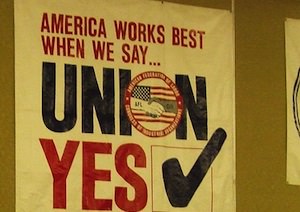
By Thomas Hedges, Center for Study of Responsive Law
Longtime labor activist Harry Kelber will oppose incumbent Richard Trumka for the presidency of the AFL-CIO at the group’s convention in Los Angeles in September. Kelber feels an obligation to challenge a president who, he says, is pursuing wealth and prestige rather than the true ideals of labor activism.
Kelber contends that under Trumka’s leadership, the AFL-CIO has failed to address the mounting threat against labor in the United States from the loss of bargaining rights to the refusal to adjust minimum wage standards to the push against implementing the “card check” union organizing system.
The federation of labor unions is afraid of backlash, Kelber says. It supported Barack Obama in the 2008 and 2012 elections without pressing him on issues that, according to Kelber, should have been at the top of its list such as the Employee Free Choice Act to make union formation easier and single-payer health care.
Members “think there’s no chance of any improvement and so they’re not fighting,” Kelber explains. “In the ’30s they fought. They got Social Security, labor laws, the CIO. Now they’re getting nothing.”
Kelber was at the forefront of the 1930s labor movement, editing two worker weeklies, organizing with the CIO and supporting the Newspaper Guild strike against management in New York City, which caused a 114-day shutdown of papers there.
Now 98, Kelber is frustrated with a movement that, he says, cannot accomplish a fraction of what it did 80 years ago.
“Today,” he laments, “union members are passive.”
The corporate structure now is so severe that workers have a lot more to lose, he claims. In the ’30s corporations were nascent, allowing for the passage of sweeping measures such as Social Security and Glass-Steagall that Kelber says would now have a much harder time getting approved.
The intensity of corporate rule has infected the leadership at the AFL-CIO, Kelber asserts.
“Trumka’s forces have hijacked the labor movement,” he says. On the local level, “they’re OK, but they won’t challenge the national leadership, and if you don’t challenge the national leadership, you don’t go places.
“There’s no labor activist stepping forward to say these people are crooks,” Kelber continues. “They’re stealing the labor movement.”
Despite making remarks in the past that were critical of excessive executive pay, Trumka has seen a $90,000 increase in his yearly salary, which is now up to $272,000. His salary is guaranteed, which, Kelber argues, alleviates the incentive Trumka has to push key issues in Washington or make increasing membership a priority.
The nation’s unions lost 400,000 members last year, as the percentage of U.S. workers represented by a union fell to 11.3 percent, down from a peak of 35 percent in the mid-1950s. There is little impetus or pressure compelling Trumka to pay attention to these figures, Kelber points out.
The federation’s leaders have lost themselves in the glow of Washington, he contends. Obama “invites them for dinner at the White House and they love it,” Kelber notes. “That’s their reward.
“I’m 98 years old,” Kelber says. “I’m not the kind of leader that they’re looking for. But no one else is coming up. I’m raising questions that have never been raised before.”
Despite his age, Kelber writes three columns a week and speaks with undiminished clarity.
“There are times that you have to go into battle and know that you are going to lose,” he concludes. “But you have to lay a foundation down for the future.”
This article was made possible by the Center for Study of Responsive Law.
Your support matters…Independent journalism is under threat and overshadowed by heavily funded mainstream media.
You can help level the playing field. Become a member.
Your tax-deductible contribution keeps us digging beneath the headlines to give you thought-provoking, investigative reporting and analysis that unearths what's really happening- without compromise.
Give today to support our courageous, independent journalists.


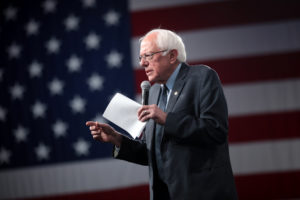
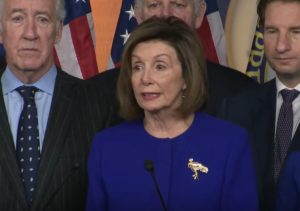
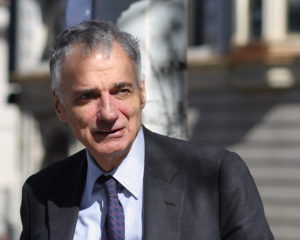
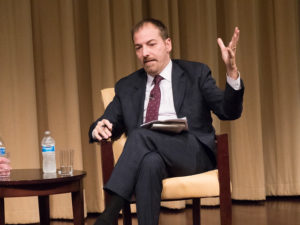
You need to be a supporter to comment.
There are currently no responses to this article.
Be the first to respond.